Serif
Serif
Serif
FF Kievit® Serif styles
Summary
FF Kievit® Serif subtlety melds oldstyle design traits and a 21st-century mien into a clean, straightforward suite of typefaces. As part of the FF Kievit superfamily, it helps brands carry their voices effectively and legibly. This includes small text to display sizes, in both print and digital environments, for various audiences. FF Kievit takes inspiration from classic designs like Garamond and Granjon and is available in seven weights plus italics.
Drawn in collaboration with Paul van der Laan, FF Kievit Serif is a natural extension to the other members of the FF Kievit superfamily, including FF Kievit and FF Kievit Slab. FF Kievit Serif stands on its own as a multi-talented and exceptionally legible design. Large counters, a generous x-height, and ample apertures ensure that FF Kievit Serif translates well to hardcopy and interactive environments.
FF Kievit Serif is available in carefully defined weights, ranging from Light to Black. The Regular, Book, and Bold weights are ideally suited to long-form text copy. Ligatures, several suites of numbers, and small caps are also available. In addition, FF Kievit Serif benefits from the same extensive language support as the other designs in the family. Designed 2015–2019 and available from FontShop International.
In practice
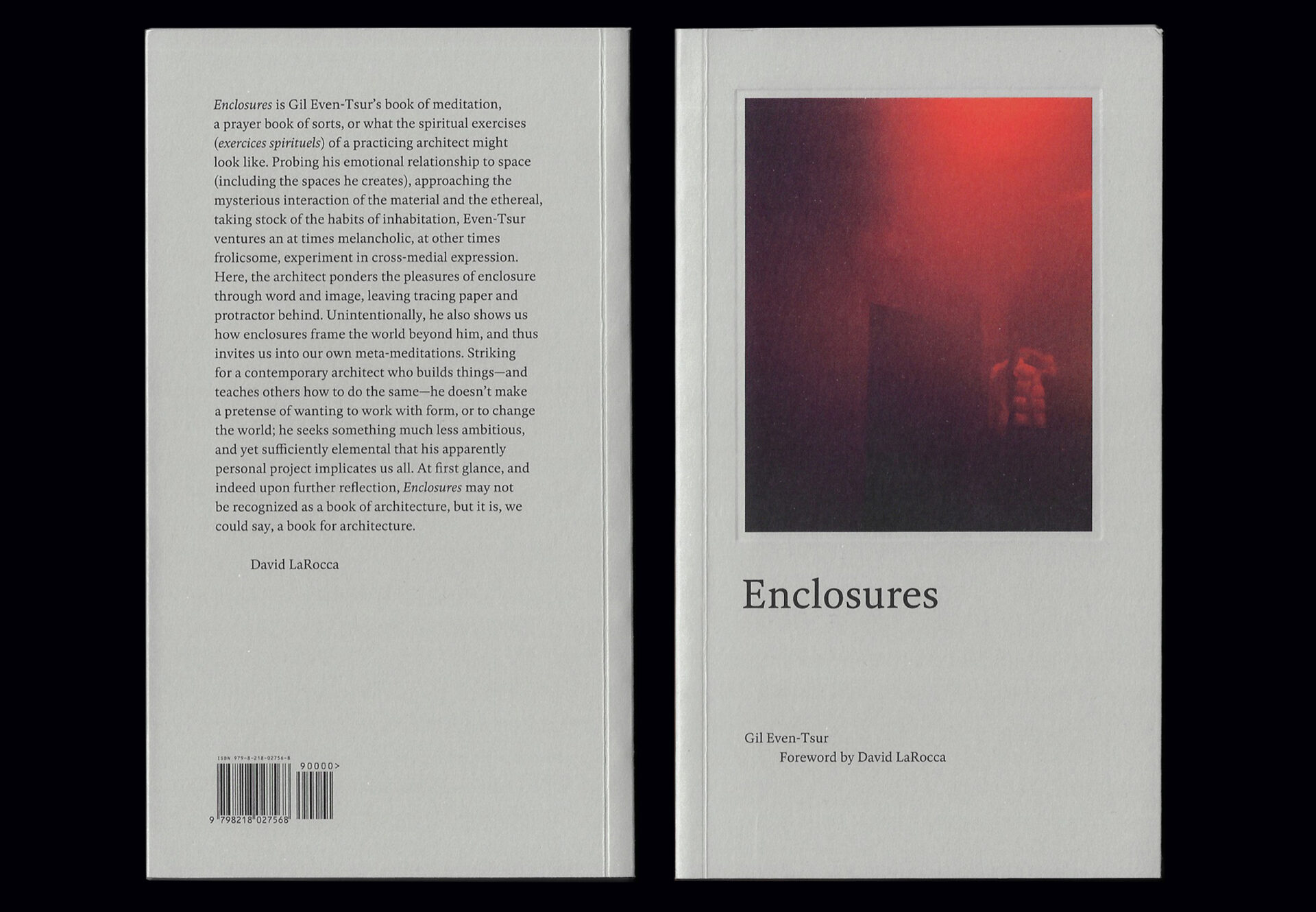

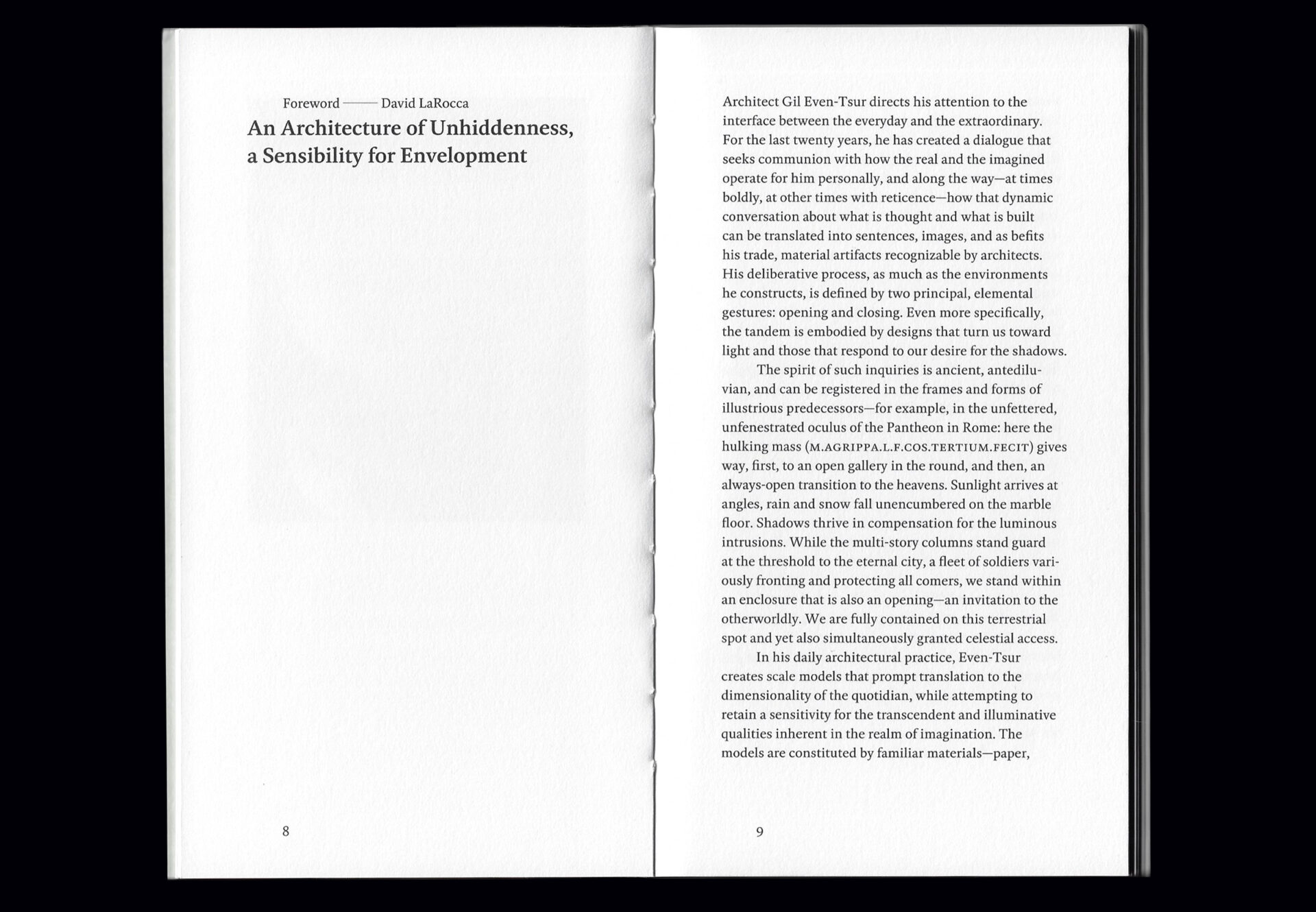

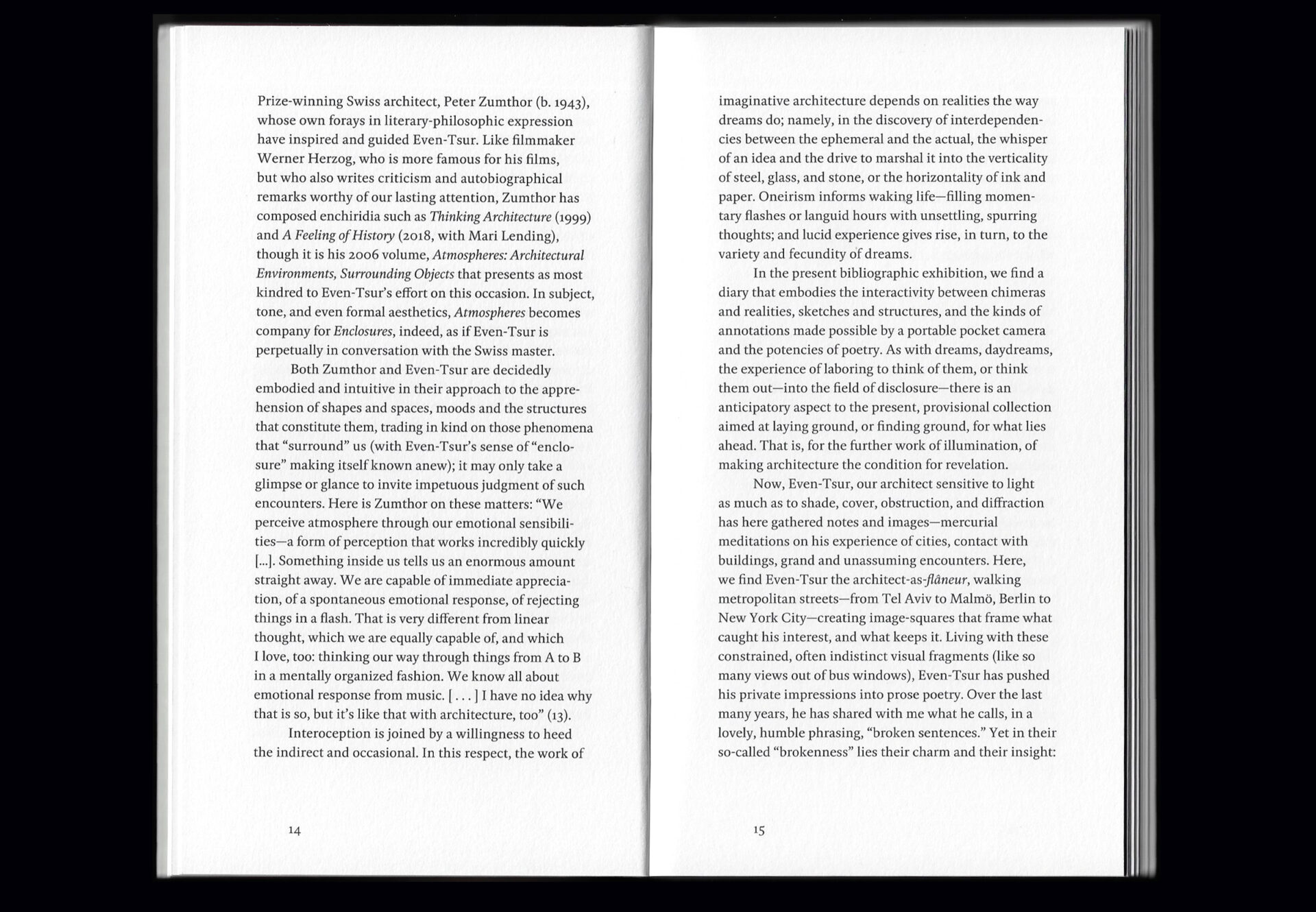

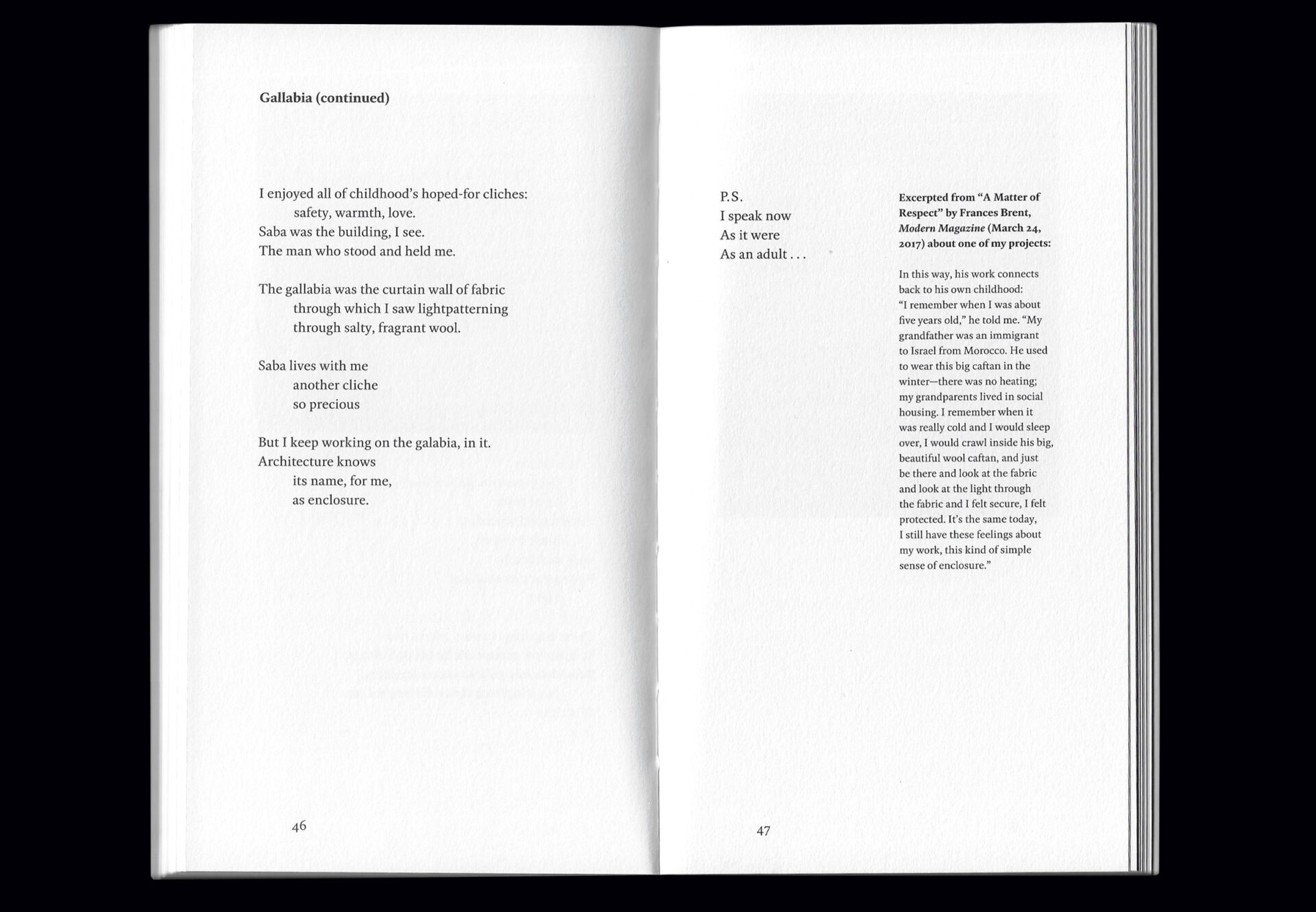

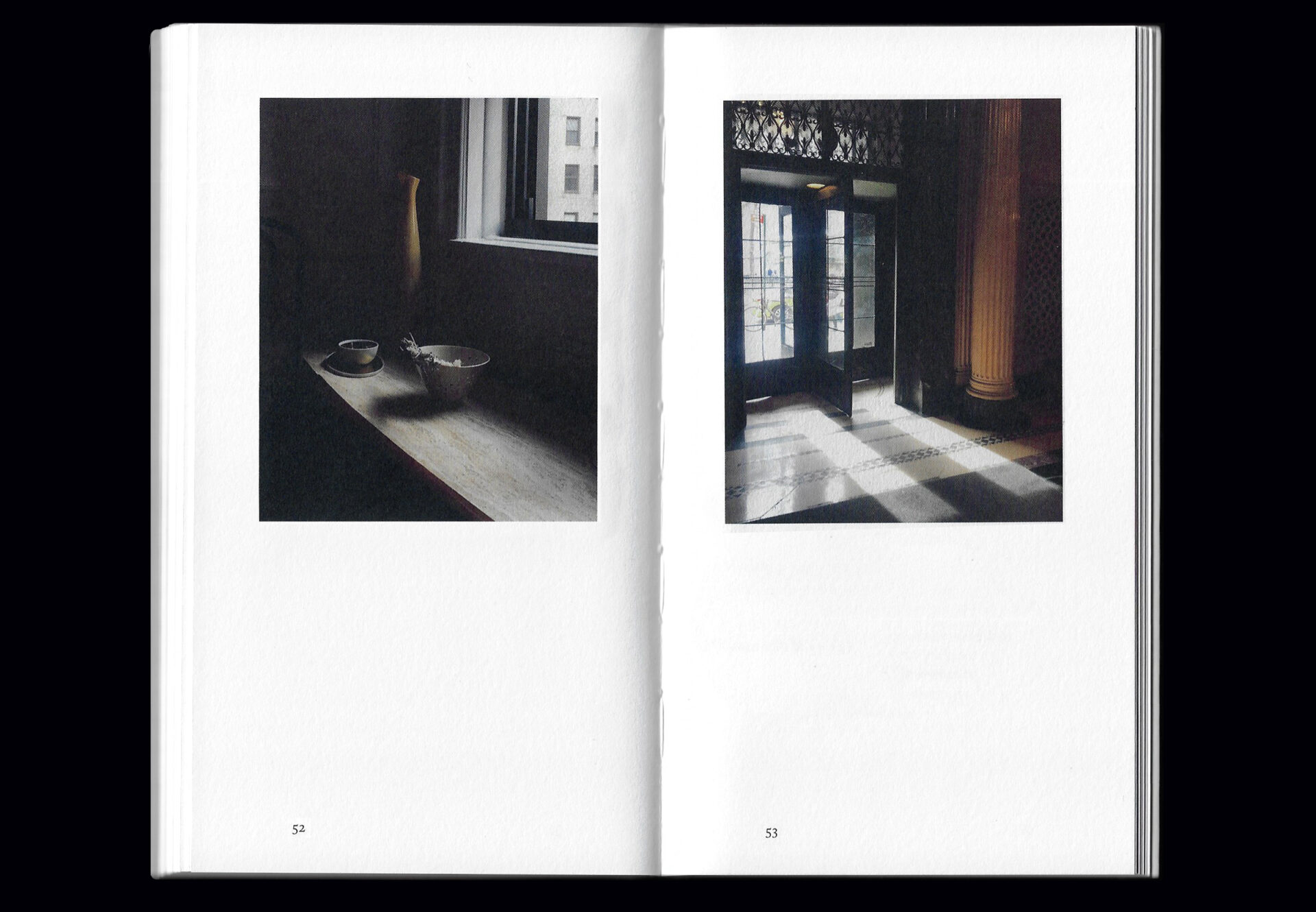

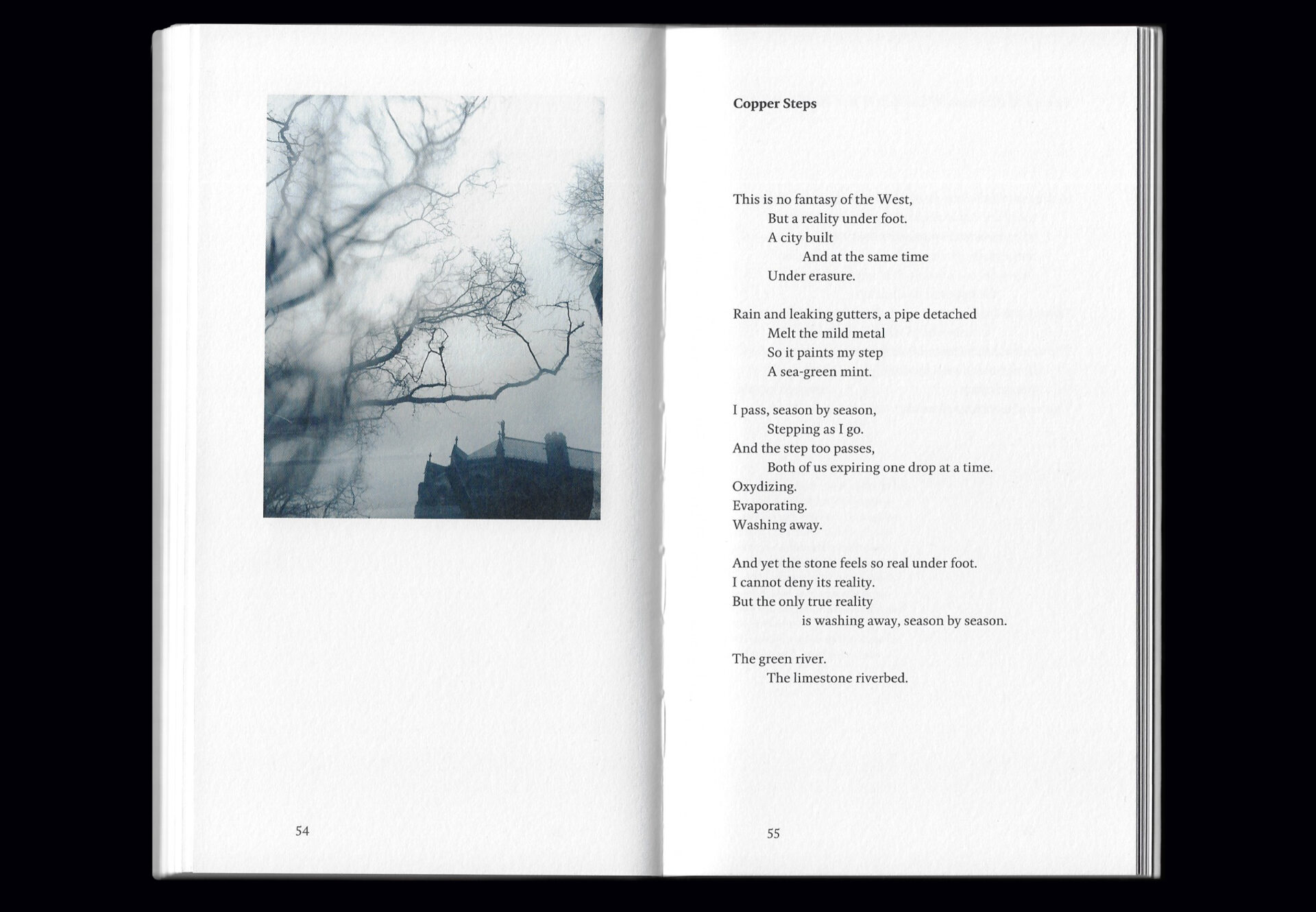

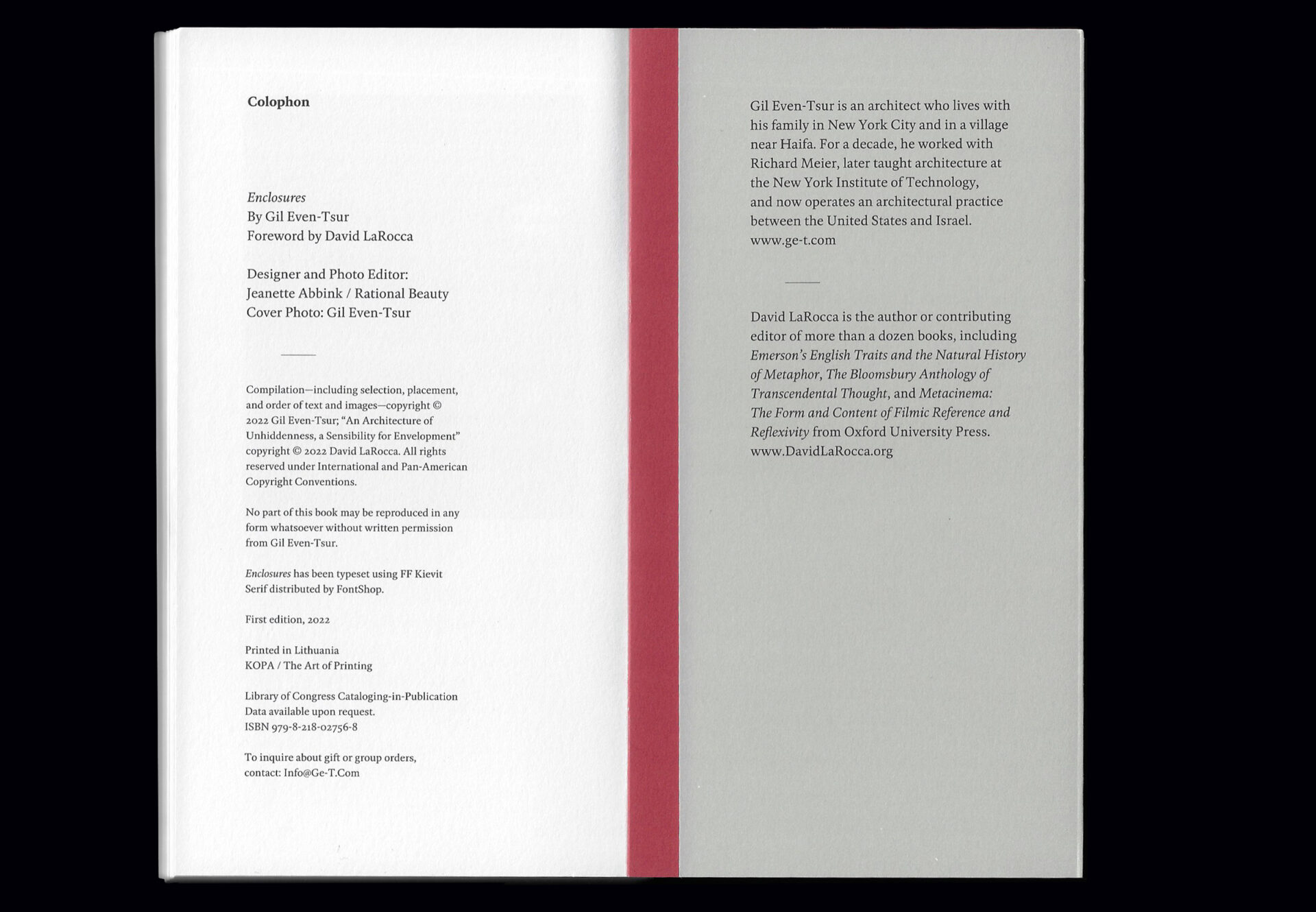

↓
Enclosures, is architect, Gil Even-Tsur’s book on his emotional relationship with space in architecture. The entire book is set using FF Kievit Serif—designed by Rational Beauty. FF Kievit Serif is published by FontShop International.
Credits & details
Purchase
Language support
Afar
Afrikaans
Albanian
Asturian
Azerbaijani
Basque
Belarusian
Bosnian
Breton
Catalan
Chichewa
Cornish
Corsican
Croatian
Czech
Danish
Dutch
English
Esperanto
Estonian
Faroese
Fijian
Finnish
French
Frisian
Friulian
Gaelic (Scottish)
Galician
German
Greenlandic
Hungarian
Icelandic
Indonesian
Irish
Italian
Karelian
Kazakh
Kinyarwanda (Ruanda)
Kirundi (Rundi)
Kurdish
Ladin
Latin
Latvian
Lithuanian
Luxembourgian
Malagasy
Malay
Maltese
Maori
Norwegian
Occitan
Oromo (Afan, Galla)
Papiamentu
Polish
Portuguese
Quechua
Rhaeto-Romance
Romani
Romanian
Samoan
Sardinian
Serbian
Shona
Slovak
Slovenian
Somali
Sorbian (Upper)
Spanish
Swahili (Kiswahili)
Swedish
Tagalog
Tahitian
Tsonga
Tswana
Turkish
Turkmen
Uighur
Walloon
Welsh
Wolof
Xhosa
Zulu